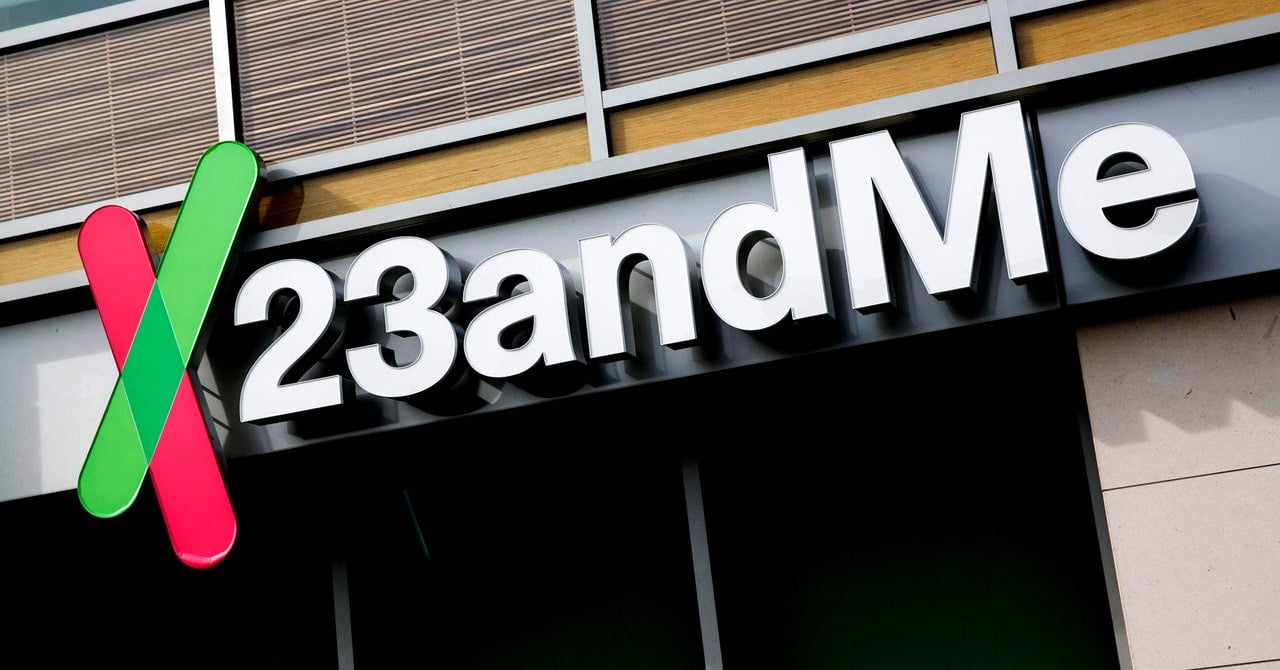- cross-posted to:
- [email protected]
- cross-posted to:
- [email protected]
23andMe Blames Users for Recent Data Breach as It’s Hit With Dozens of Lawsuits::Plus: Russia hacks surveillance cameras as new details emerge of its attack on a Ukrainian telecom, a Google contractor pays for videos of kids to train AI, and more.



I’m downvoting you even though I believe the users are negligent and partially to blame here. However, does the site not lock log in attempts after the first 10 login attempts or something? At this point, something so sensitive like ancestry and health information should be mfa required at the bare minimum a phone number 2fa would help a bit.
Not sure of this specific case, but typical brute force attacks are done locally on the database that was acquired from the breach, not on the site itself. This way lockouts aren’t an issue.
In this case it was a credential stuffing attack against the live login form on the website based on the information released.
Removed by mod
I get asked to prove I’m making a legit login attempt all the time because it’s from a new IP address. 23andMe could have implemented something similar, and given the sensitive nature of the data they host and given how we all know that people can’t be trusted to have good password hygiene, I think they should have been required to do so.
IMO this whole thing is just more proof that we need better regulation around how companies treat users’ private information.
Removed by mod
You can’t spoof your IP address because of the TCP handshake. You could proxy your traffic to appear from coming from a different IP address than from the computers making the requests. This would still be identified as suspicious because the proxy IP address would differ from an IP address a user had logged in from before.
Even if the “hackers” knew every user’s IP address, they would not be able to establish a connection with it appearing from an IP address that didn’t really initiate the traffic.
Perhaps a better question would be to ask why they are allowing 14k separate logins from (what was probably) the same IP address? If you ask any big email provider, they will tell you they immediately shut down any access from that IP due to suspicious behavior, while simultaneously resetting the passwords of all the accounts that appear to be compromised. Typically you should have records of the IPs used for previous logins so it’s fairly simple to compare records having suspicious activity and see if the accounts in question had any previous relationships with each other. And once you have that information on hand you can use it to monitor the compromised accounts for any further login attempts by unknown IPs and then block THOSE addresses as well.
When you have that many active user accounts, you do not just settle for simply accepting the correct credentials.
Removed by mod
Yes I am, as I’m sure you are aware that IP spoofing is pretty much only relevant where you are sending outgoing packets (like in a DDoS attack) and do not expect to receive any information back. If you need two-way communication over TCP, spoofing doesn’t work because the returned information naturally gets routed back to the host of the real IP and not to the spoofed address. Obviously these attackers received some information back.